Healthy Liver Function
A good question for us to ask ourselves is ”how much do we know about our liver, and what should we be doing to keep it healthy?”. It is a good question because about 39% of us do not even know where our liver is in our bodies! The liver sits on the right-hand side of the belly, just below the diaphragm.
Our liver is the largest solid organ in our body. It weighs about 1.8kg in men and 1.3kg in women, which can hold .57 litres of our blood supply and have over 500 functions. When the liver is full, it holds about 10% of the blood in our body. It pumps nearly 1.5 litres through itself per minute.
We only have one liver, so it’s crucial we learn how to look after it.
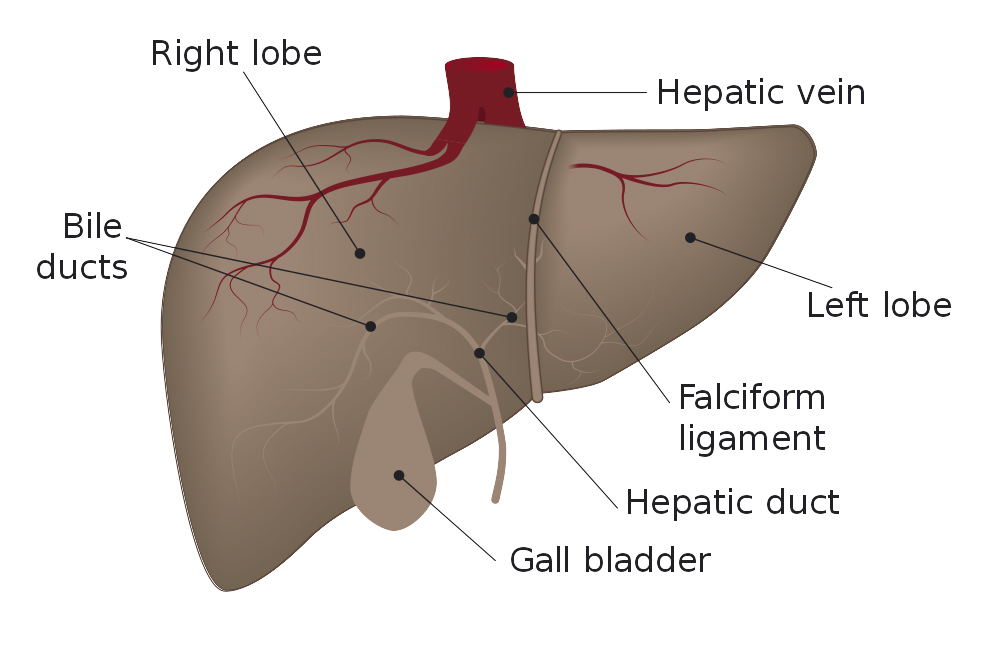
Some of its functions include:
- Fighting disease and infection
- Destroying drugs and poisons
- Cleans our blood
- Processes food after digestion
- It helps control cholesterol
- It controls levels of fats and glucose in the blood
- It manufactures bile
- It stores essential chemicals vitamins and iron
- It breaks down our food and turns it into energy.
Our liver is a dark reddish-brown and is divided into two main lobes. There is a smaller lobe to the left and larger on the right. Which is then subdivided into 100,000 small lobes. 60% of our liver is made up of hepatocytes cells which absorb nutrients. It removes harmful substances from our blood. Our liver receives blood via the hepatic artery and portal vein.
The liver can suffer from diseases, including cirrhosis, hepatitis, cancers and damage by toxins or medications.
Most Vital Functions
While the liver does hundreds of functions, one of its most essential parts is breaking down our food and converting it into energy. When we require energy, our liver quickly converts its store of glycogen back into glucose, so we are ready to go! The second most vital use is its ability to get rid of waste. Our kidney does a great job. Then the rest are removed from the blood by the liver.
Fighting Infections:
Our liver is responsible for our immunity. It captures and digests bacterial nasties and parasites, plus worn-out blood cell and fungi. If the liver is damaged in any way its ability to fight infections will be impaired.
The liver also helps to regulate our hormone levels. This is extremely important because hormones regulate our mood, sleep, metabolism, reproduction, and immunity. It’s so important to help keep our liver healthy so that it can perform this vital task. We should always consider what we are putting into our bodies that could harm the liver. If our liver stops working, we will not survive for long without medical intervention. It is worth noting that many types of liver disease are preventable. Our liver is impressive in that it can bounce back with some tender loving care. It can also regenerate itself. This is why one person can donate part of their liver to someone else.
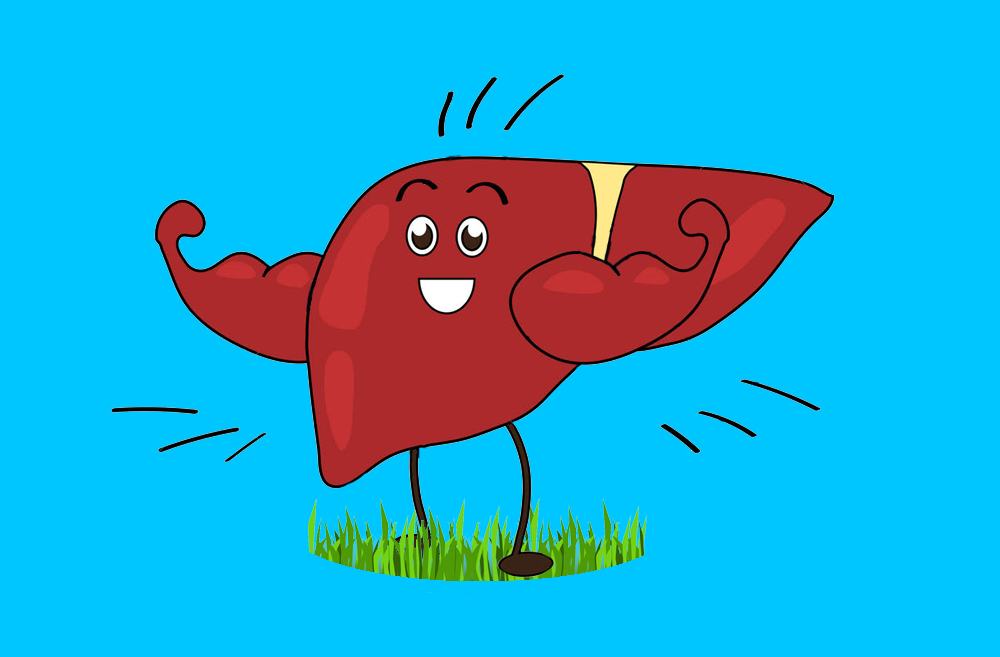
Some tips on looking after your liver
- Reduce Alcohol Consumption – it is our liver’s worst enemy by far. Our liver has to go into overdrive to process alcohol as soon as it enters our system. When we drink too much alcohol, it can trigger a build-up of fat, preventing the liver from carrying other vital functions in our body. Binge drinking even one night a week will have adverse effects. It is best to limit alcohol to weekends. The government recommends no more than 14 units of alcohol a week.
- Reduce Highly Processed Foods – Foods high in salt, sugar, and fat should be limited—for example, processed or fatty meals like salami, bacon and sausage. Avoid deep-fried, fast foods and limit pastries, chocolate, cake and biscuits.
- Reduce Sugar – We all love a bit of sugar, and a small amount will not harm. But many of us consume far more sugar than we realise. Fizzy drinks can become an addiction. The quick high we get from a hit of sugar can make us reach for more. High sugar foods are low in nutrients and fibre.
- Increase Fluid – Focus instead of increasing our daily water. 2L should be our aim. Include herbal teas such as chamomile or green to help re-hydrate and filter the blood.
- Increase Vegetables and Fruit – Berries, pomegranate and grapes contain ellagic acid and resveratrol, helping to regenerate liver cells. Lemon and limes are also good as they can break down stagnant material. Try to eat broccoli and spinach regularly. Blueberries are also good for your liver. If you crave sweetness, then it’s a good idea to eat fresh fruit, peas and sweetcorn.
- Eat Good Fats – Include healthy fats and essential fatty acids in your diet. They can be found in olive oil, nuts and oily fish. An avocado is a fantastic option as it helps produce glutathione which is necessary for liver cleanse.
- Maintain a Healthy Weight – When we are overweight, we are at higher risk of having a fatty liver. This can lead to NAFLD (non-alcoholic fatty liver disease, which is one of the fastest-growing forms of liver disease—leading to an increased risk of heart disease, diabetes and other health problems.
- Regular Exercise – exercising daily will help to burn triglycerides for fuel and can even reduce liver fat.
Health Supplement – Liver Detox 25000
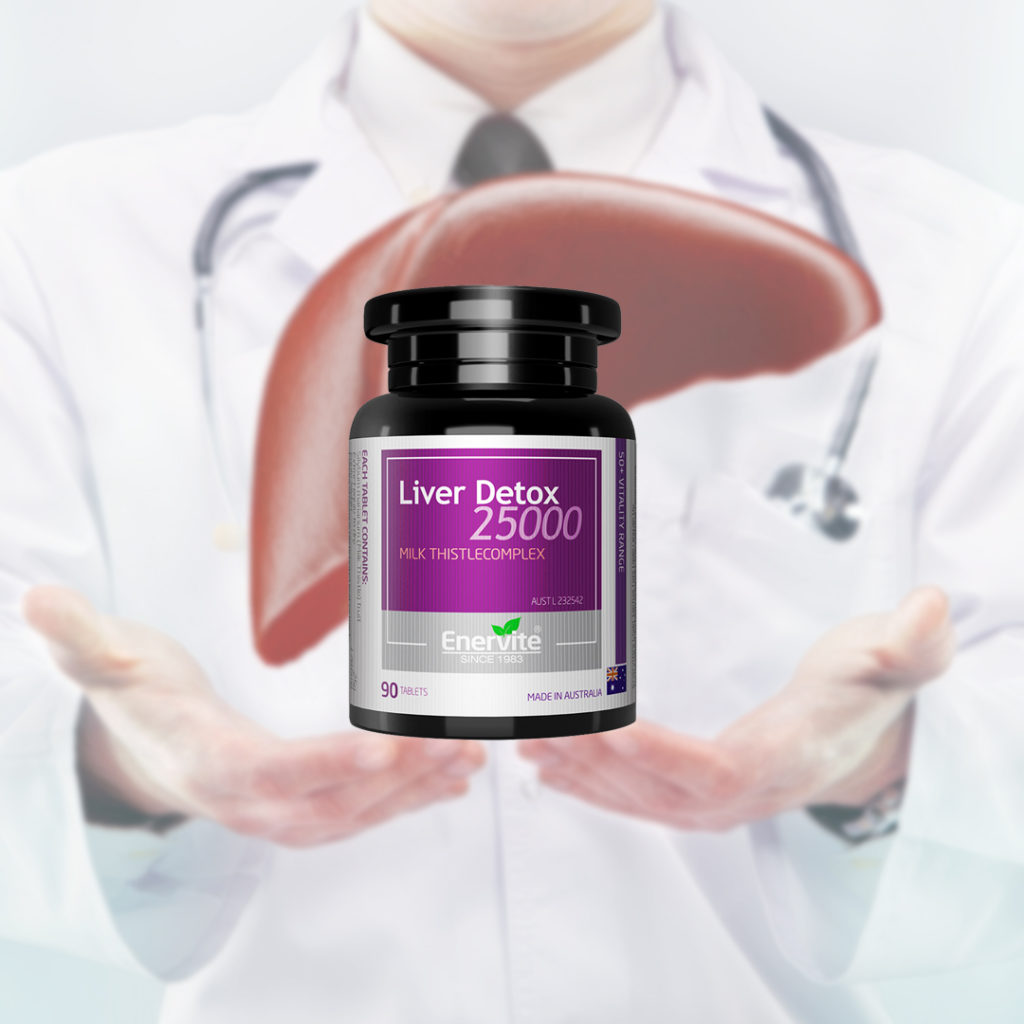
Support your liver which plays a vital role in keeping the body cleansed of toxins. Enervite’s Liver Detox is a premium quality formula of natural ingredients to help support the health of your liver through regeneration whilst also aiding the main taks of the liver for natural cleansing, detoxifying the body and greater protection of the liver, bowel, and gallbladder.
In Summary
Whilst many of us may not know a lot about our liver or how to help keep it healthy. We now know that our liver is our largest solid organ, so should be looked after. We only have one liver, so we must look after it. Our liver can be affected by diseases, including infections such as hepatitis, cirrhosis, cancers and damage by toxins or medications, and as our liver performs hundreds of functions, including breaking down our food and converting it into energy. It also does a fantastic job of getting rid of waste. When our liver is damaged, our ability to fight infections will be impaired. This is why it is so important to consider what we are putting into our bodies that may harm our liver. Fortunately, our liver has the incredible ability to regenerate itself. It is an excellent idea to reduce our intake of sugar, alcohol, and highly processed foods and increase our fluid intake and fruits and vegetables. The simple fact is that if our liver stops functioning properly, we would not live long without medical intervention.


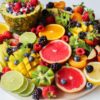



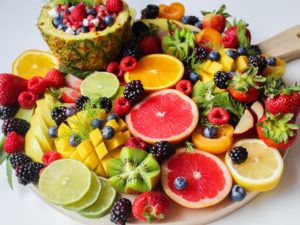

Add comment
You must be logged in to post a comment.